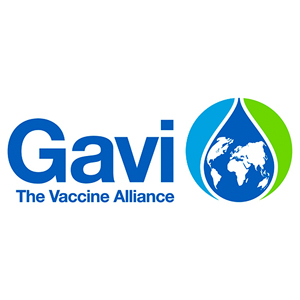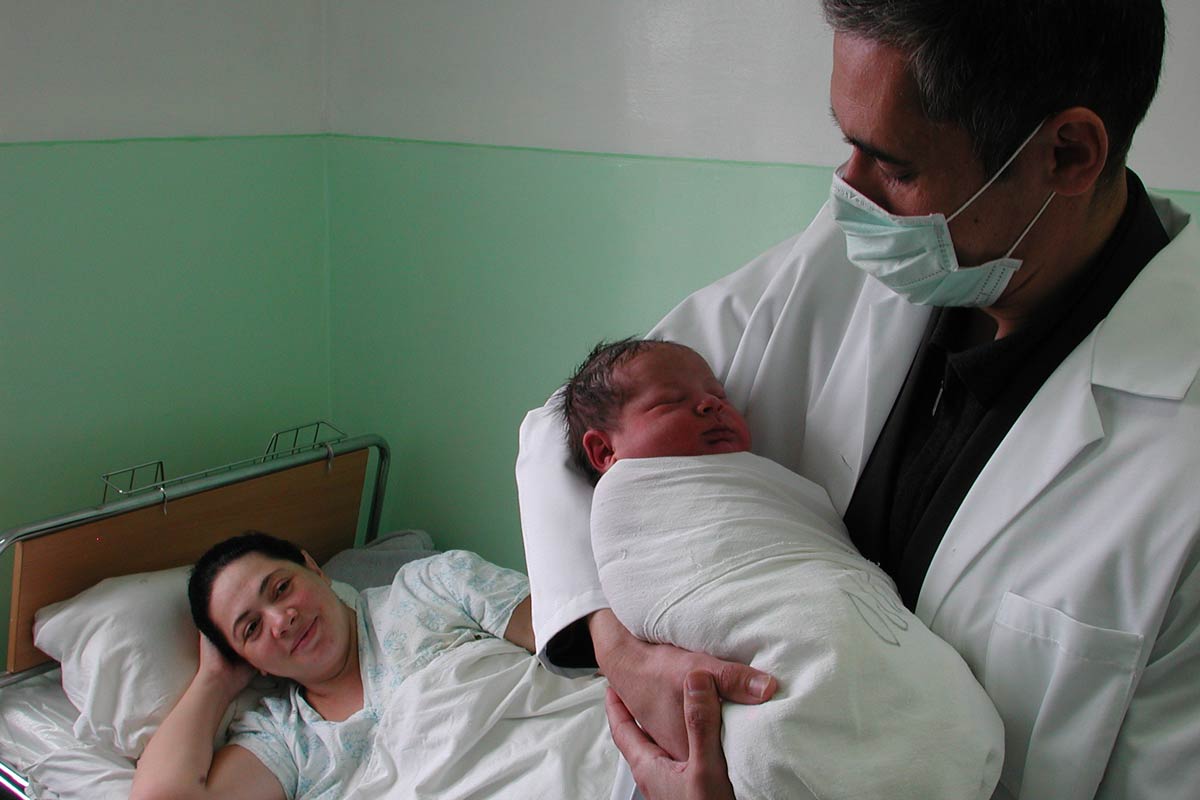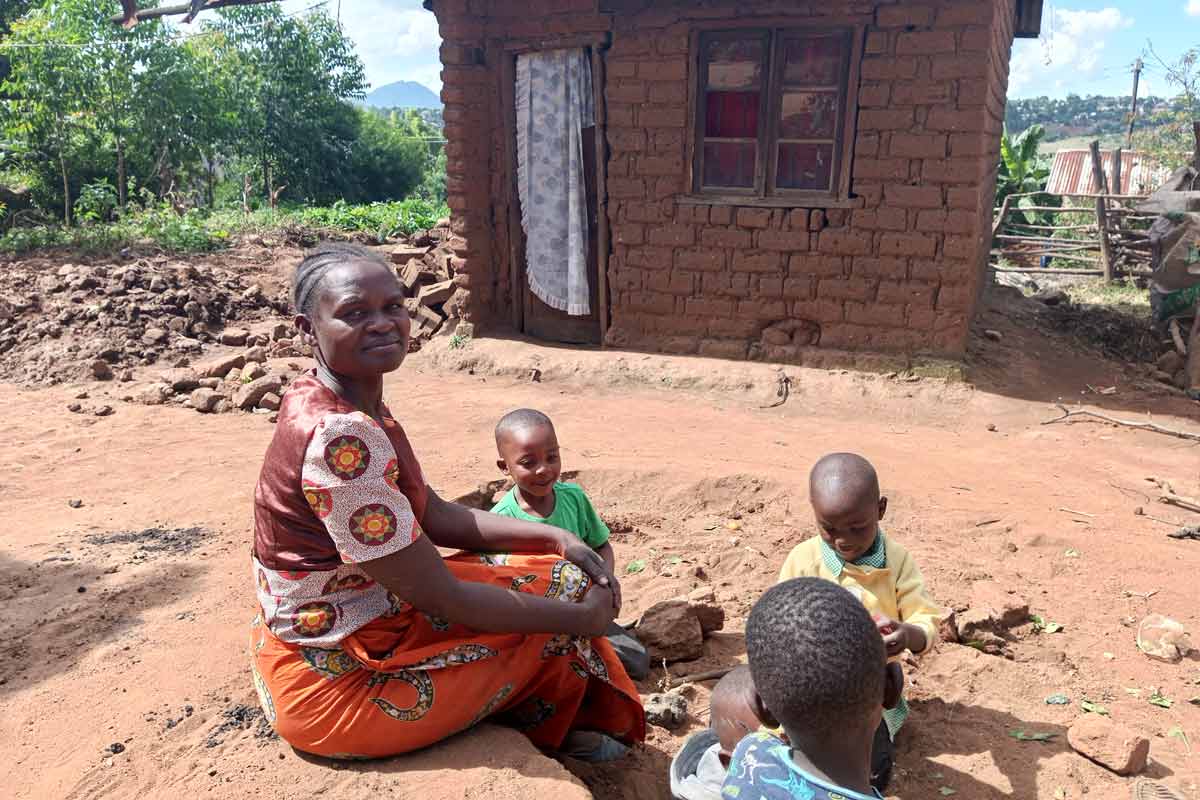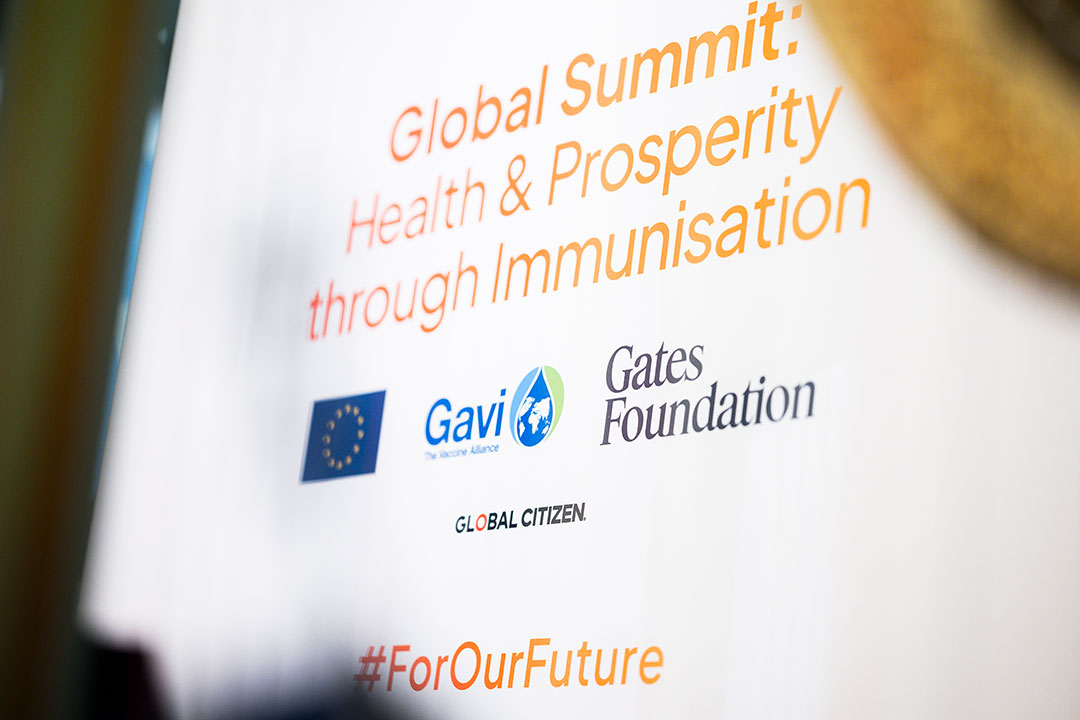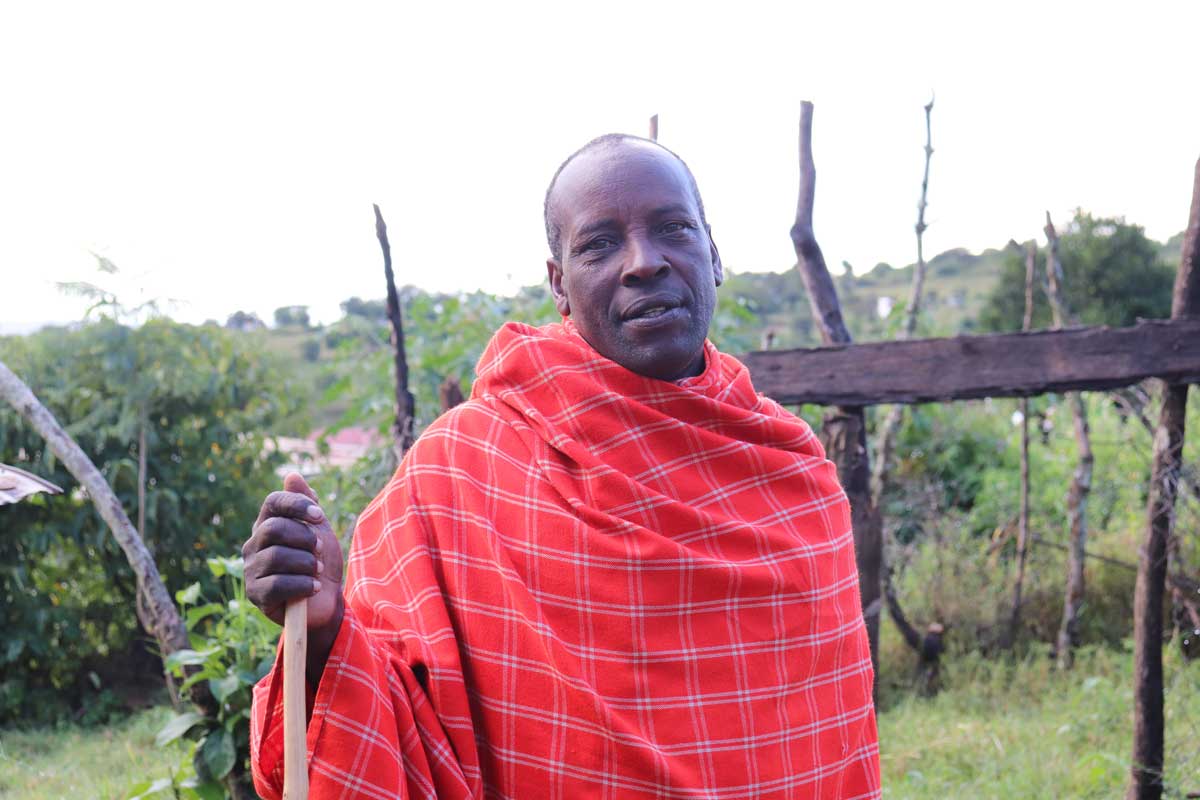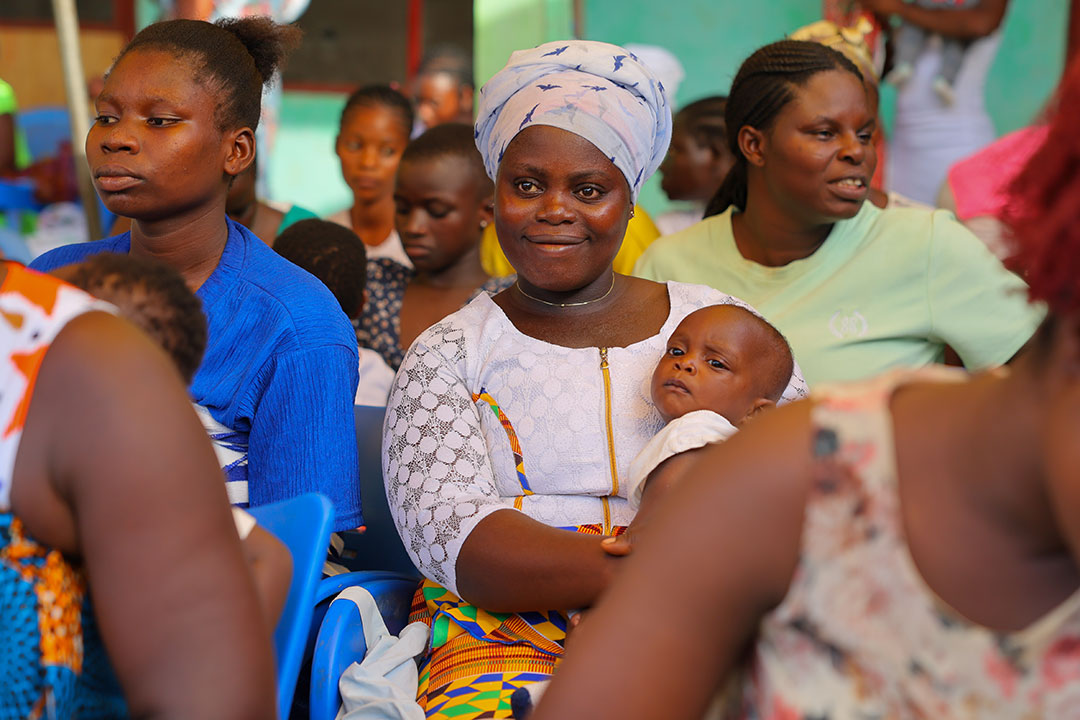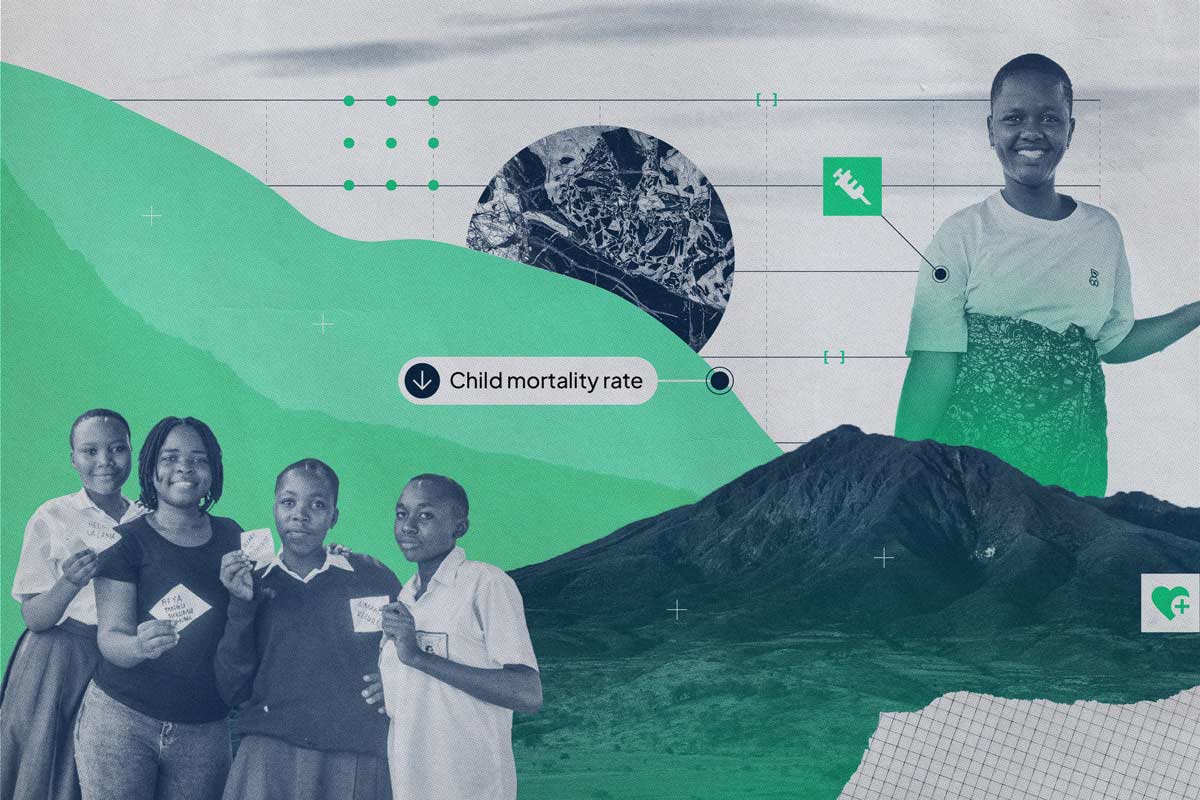Jim Calverley, Parliamentary Advocacy Officer (Child Health), RESULTS UK
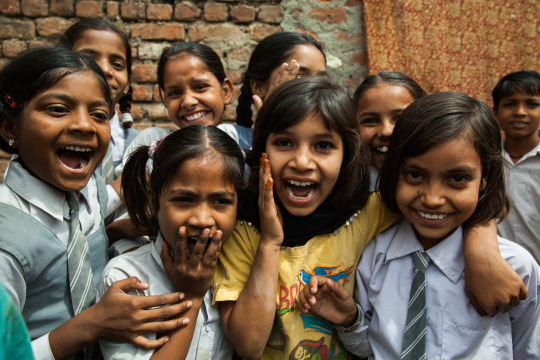
Photo: Abhishek Bali/ACTION
Over the past decade, 10 billion doses of Oral Polio Vaccine have been given to 2.5 billion children, preventing an estimated 3.5 million of cases of polio. The lessons and knowledge that have been fine-tuned over decades of work in some of the most marginalised, unstable places on earth are now being translated to enhance other health initiatives. RESULTS UK and the ACTION Partnership recently led an inter-parliamentary delegation to India so that parliamentarians could see first-hand how polio was eradicated in India and the benefits of having done so.
The polio eradication programme has flattered to deceive in the past and has not been without its setbacks. However, this should not detract from what has largely been an incredible success story. From 350,000 cases in 1988 to 74 in 2015 – the numbers speak for themselves but tackling the final 1% of this disease will be the most challenging part of the narrative.
We speak of the poliovirus being on the brink of eradication but the truth is that the political will to end polio is not a given. Against all the odds, India was certified polio-free in 2014. But did this happen by chance? No, absolutely not. India proved to the world that polio could be overcome by the strong commitment of its government and the extraordinary scope of its coordination with the WHO, UNICEF, Rotary and the tireless work of millions of front-line workers. India took the decision that prevention was better than cure: an apt decision given that there is no cure for polio yet an effective, easily administered vaccine exists.
At the One Last Push Summit in New Delhi on 7 April, parliamentarians from Canada, the UK, India and Japan, along with a representative from the Pakistan High Commission met to discuss the benefits of polio eradication and how those lessons can be incorporated within the broader health system both in India and beyond. The delegates all signed the One Last Push Declaration, pledging their support to the eradication of polio and committed to use all the means at their disposal to encourage their respective governments to continue to champion the fight against polio. Their messages will be all the more powerful for having seen the work being done on the ground and they come together to create voices of solidarity.
Already in the UK, more than 50 parliamentarians have signed up to the One Last Push Campaign. Many of those parliamentarians signed up because they were encouraged to do by the constituents that they represent and from whom they receive their mandate. At the UK government’s Leave No One Behind event on 27 September 2015 at the United Nations General Assembly, David Cameron spoke to the UK government’s commitment to ‘leave no one behind’. In reaching children in the most marginalised communities, the eradication of polio could prove to be one of the early milestones of this new era. We need to ensure that the political will exists to make that possibility a reality.

